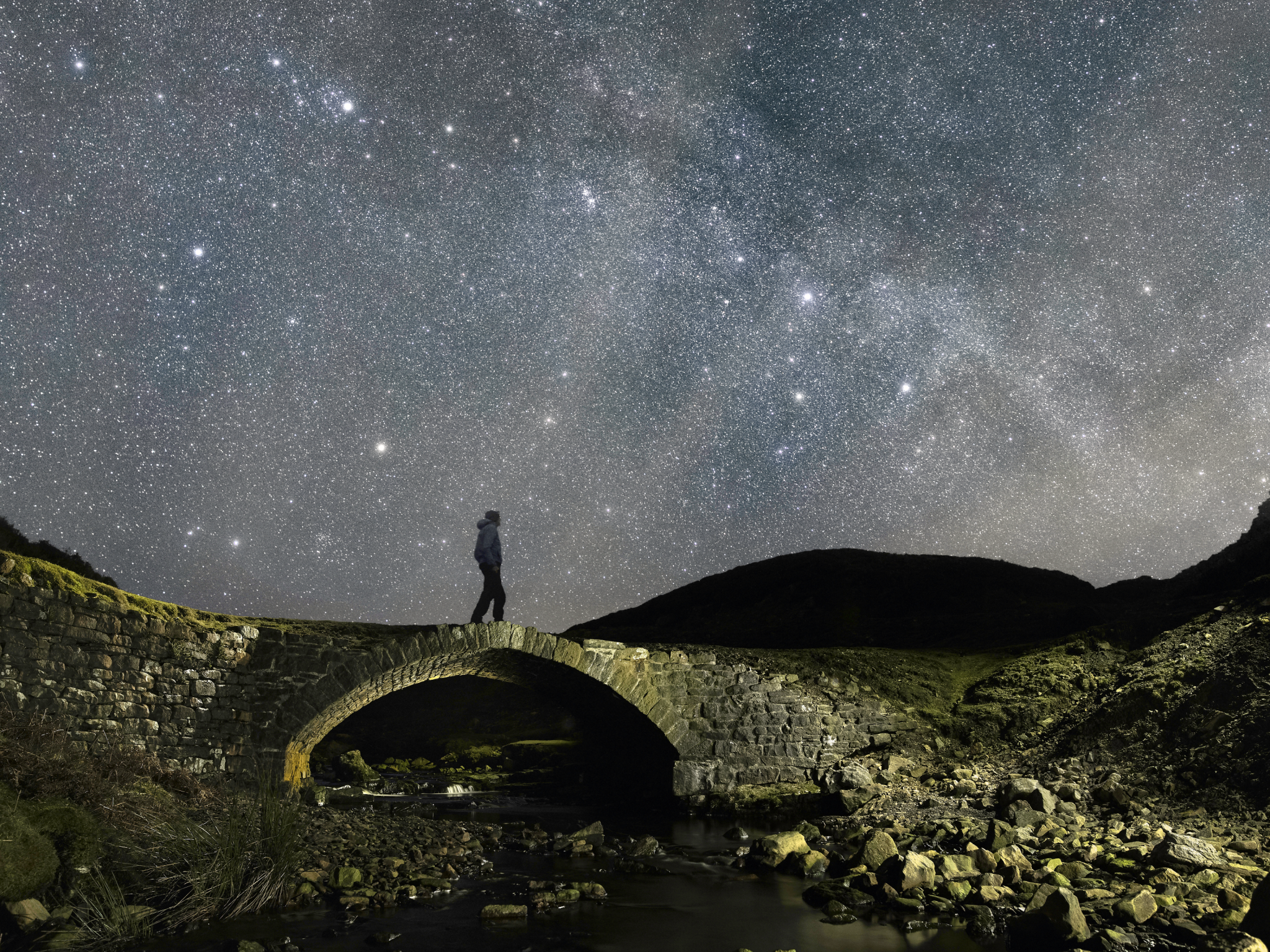Happy new year, and (as you might expect from a travel editor), I hope you’re passport-deep in travel plans for 2025. At risk of repeating myself, 2024 saw travel disruption in the form of strikes, air traffic control issues, IT meltdowns and weather. But it also brought great adventure and deep-rooted memories for those who did manage to get away – and that, hopefully, can just about make up for any rail, road or air problems.
I’m going to give myself a B+ for my 2024 predictions. Sports proved itself to be a huge motivation to travel, and looks set to do so this year, too. Choosing alternatives to destinations blighted by overtourism was popular, rewarding travellers with distinct – and usually less crowded – experiences.
And yes, with the round-up of travel trends comes the return of horrific portmanteaus. I gritted my teeth for “coolcation“ in 2024 (another trend that continues into the new year) but I refuse to accept “baecation” – Abta’s term for what most of us would call a couples holiday. Reset-jetters, where you holiday to reset mind and body, I’ve just about let slip (but you’ve been warned, Skyscanner).
Here are the trends to keep your eye on this year. Happy travels!
Read more: Exploring deeper and family first – our travel New Year’s resolutions for 2025
Following the stars

Astro-tourism – not holidaying in space but travelling to witness celestial phenomena – has steadily been growing over recent years, and looks set to be a huge driver behind trips in 2025. Also called, rather clunkily, noctourism, this means good news for dark-sky zones and spots far away from the beaming lights of urban hubs.
In fact, a survey by Booking.com reported that 60 per cent of those asked were considering places away from light pollution in order to get a better view of the night sky. And it’s not just the scientific angle that is getting people excited. Astro-tourism is also influenced by the mystical insights of astrology, according to travel search engine SkyScanner, which it says is particularly popular among younger Gen Z and millennials, who are “seeking a sense of connection with the cosmos”. In fact, its research shows that 44 per cent of those aged 25–34 would be interested in using astrology to determine their next trip (though just as effective is closing your eyes and pointing at random on a map).
If you are after the best conditions for gazing at stars, astronaut Kellie Gerardi says it’s best to be flexible with planning: “If your schedules don’t line up with a major celestial phenomenon, you can still enjoy incredible views year-round at places like Mauna Kea in Hawaii or dark sky parks like Galloway Forest Park in Scotland.”
Read more: The best northern lights cruises
Detours over dupes
Destination dupes, where you swap an overcrowded spot for a lesser-visited alternative (such as Venice for Genoa), are so 2024; now it’s all about adding in a detour. While the tried-and-tested holiday spots will still pull in travellers, an extra stop before, after or during the break will become more common. Not only is it sensible in the quest to escape the crowds, but it also means you see more on the same trip – which saves on travelling back and forth. Expedia, the online travel agency, said that its data shows that 63 per cent of customers are likely to visit a “detour destination” on their next trip. Popular stops include Reims as a detour from Paris, Fukuoka as a detour from Tokyo and Waikato as a detour from Auckland.

Luxe on the up
While plenty of people are conscious of their pennies, luxury travel continues to grow. In the US, the sector was worth $239bn in 2023; global management consultants McKinsey expects that to rise to $391bn by 2028. According to Forbes, this is being fuelled by the jump in people across the world with a net worth between $1–$30m. They are younger and willing to spend more on high-end travel. In the UK, the luxury sector reveals a continued interest in food, drink and wellness experiences, says hotel giant Marriott, with 51 per cent enjoying high-end gastronomic experiences and 43 per cent seeking private spa services and “unique” treatments. Phil Andreopoulos, chief sales and marketing officer for Marriott International (Europe, Middle East & Africa), said “2025 promises to be a transformative year for UK travellers”, and in the company’s end-of-year trend report it stated that luxury travel is “evolving”, with those with the cash “placing a premium on exclusive and personalised experiences”.
A modern lads holiday
Wellness trends are 10 a penny around the turn of the year, but one of the most interesting is the rise in men-only retreats. Stemming from the increasing fluidity around gender norms – coupled with expanding societal awareness of men’s mental health – expect these male escapes, focusing on wellbeing and personal growth, to become more common over the next 12 months. Booking.com found that nearly half (47 per cent) of the 27,000 travellers they surveyed would encourage the men in their lives to go on a male-only trip, with this number rising to 65 per cent for Gen Z and 58 per cent for millennials. The motivating factors include the need for rest, prioritising health, and tackling feelings of loneliness.
Read more: How this Finnish ‘sauna capital of the world’ helped me recover from burnout
In the wider wellness sphere, both Booking.com and Skyscanner suggest that health tourism will be on the up in 2025, with the latter predicting that “alongside the rise of sober-curious travellers and gut-led adventures to better balance the microbiome, people are embracing experiences to help them live longer and feel younger, in an environment where they can be themselves”. I still hope that “reset-jetters” doesn’t catch on, though.
No stopping sports
This is a continuing trend from 2024, as passion for sport influences how people – especially younger ones – explore a destination. After a year that saw the Euros, Olympics and Paralympics, and another action-packed Formula 1 season, the rise of behind-the-scenes sports shows like Netflix’s Drive to Survive, Break Point and Full Swing are being touted as bringing sport to new audiences – which then means people want to experience the spectacles in real life. Skyscanner’s trends reported that 29 per cent of 25-34-year-olds (and 20 per cent of all UK travellers) in their research planned to travel either domestically or internationally to see a sporting event in 2025, with “entertainment”, “excitement” and “community” the motivations. It’s not all about the showstopping moments, either: 45 pre cent of 25-34-year-olds are looking to explore a new place by running or cycling.
If it’s a particular sporting occasion you’re after, in 2025 you’re spoilt for choice, with events including (but by no means limited to) the UEFA Women’s Euros in Switzerland, the Fifa Club World Cup in the US, the British and Irish Lions tour to Australia, the Women’s Cricket World Cup in India, and the World Athletics Championships in Japan.
Read more: The hottest new hotel openings in the world for 2025

